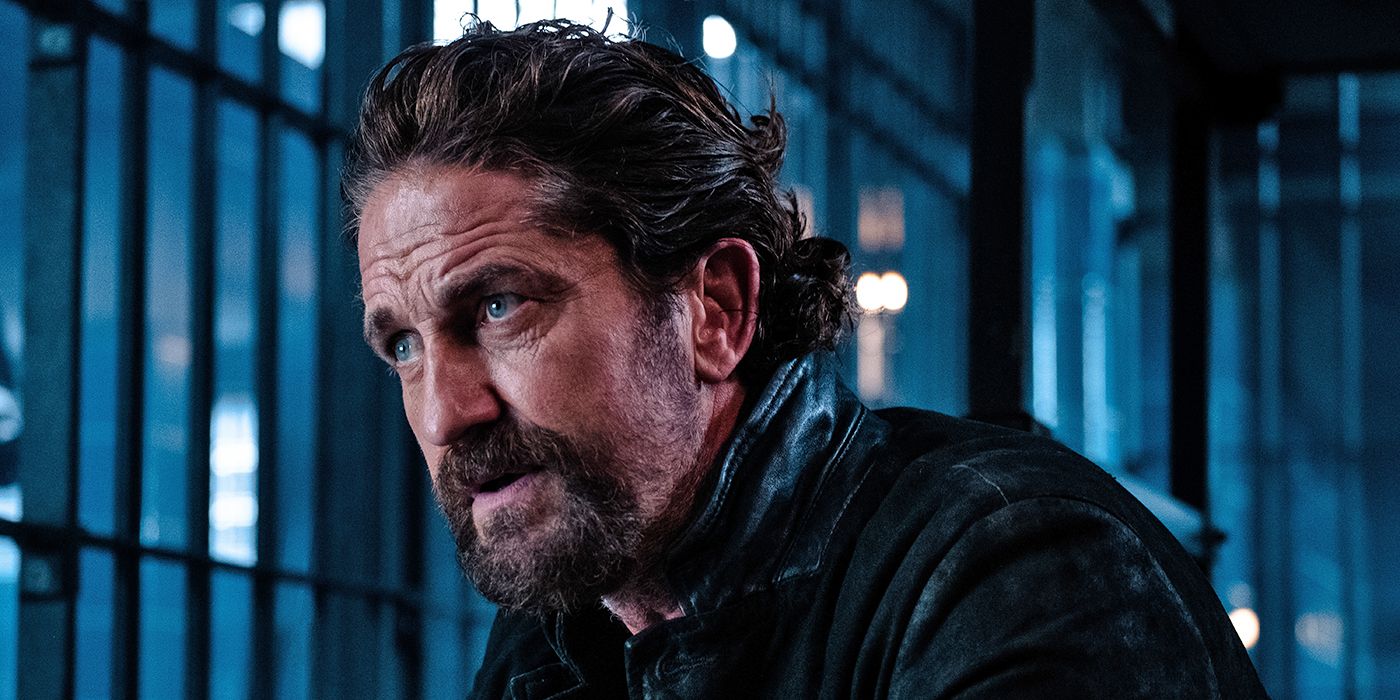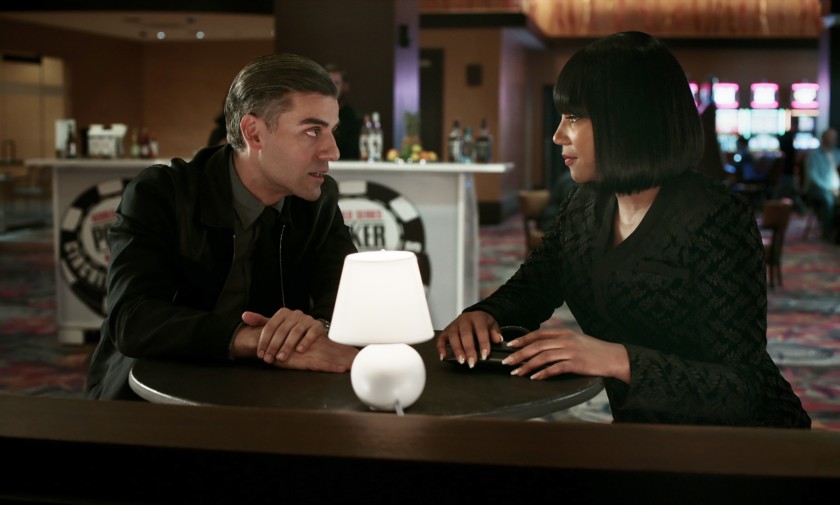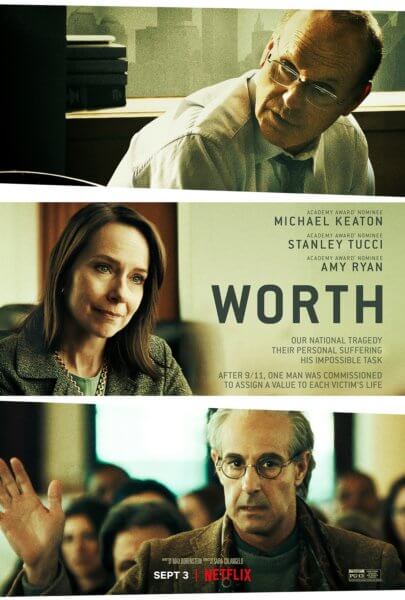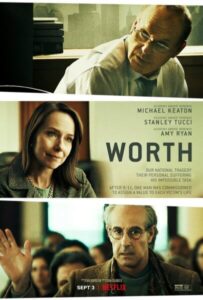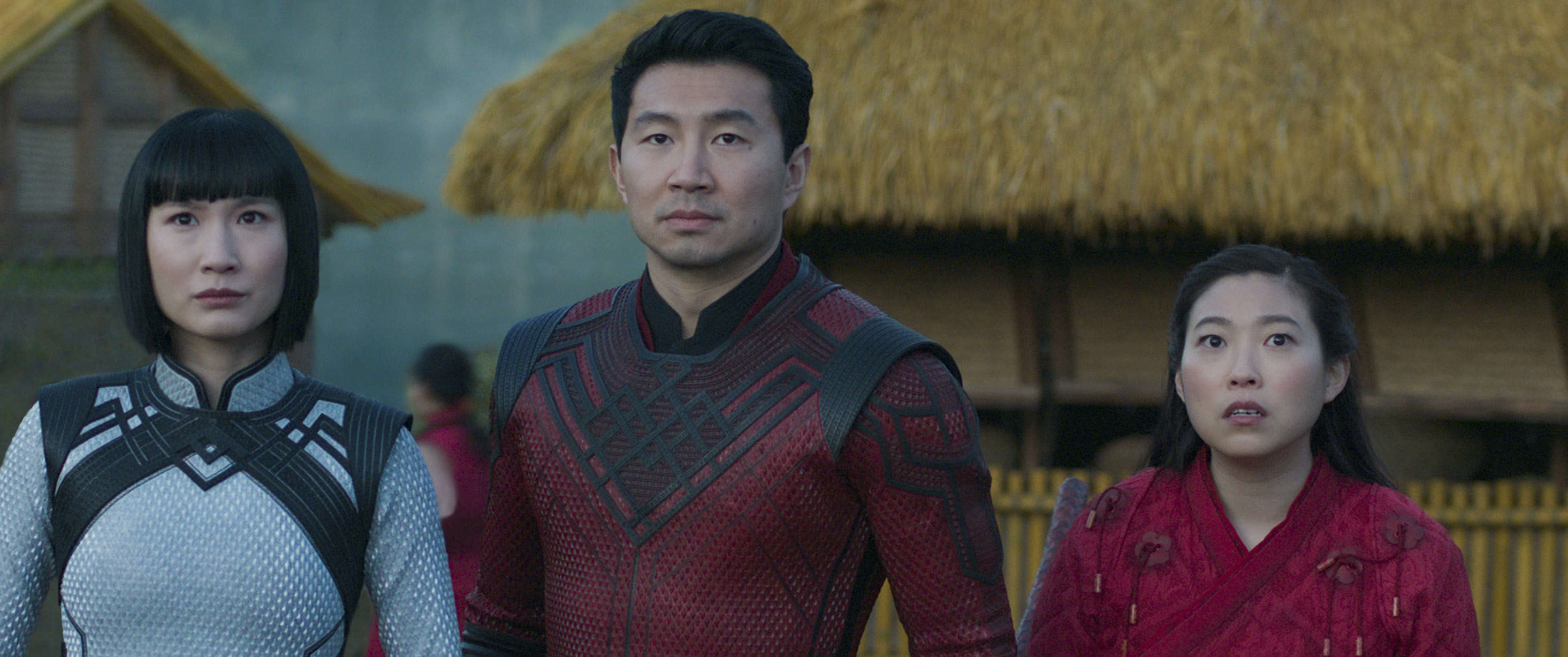Copshop
Posted on September 16, 2021 at 3:27 pm
B +| Lowest Recommended Age: | Mature High Schooler |
| MPAA Rating: | Rated R for strong bloody violence and pervasive language |
| Profanity: | Constant very strong language |
| Alcohol/ Drugs: | Apparent drunkenness |
| Violence/ Scariness: | Constant, extended, and very. bloody peril and violence with extremely graphic and disturbing images |
| Diversity Issues: | Diverse characters |
| Date Released to Theaters: | September 17, 2021 |

It has a great premise. Two men are separately arrested for being drunk and disorderly, put in opposite holding cells. It turns out that Teddy (Frank Grillo) wanted to be arrested because someone was trying to kill him and he thought the police station would be the safest place he could be. And it turns out that the man in the opposite cell is Bob (Gerard Butler) who is (a) not drunk and (b) the professional assassin who is trying to kill Teddy, and he got himself arrested with that end in mind. Bob is not the only one who wants to kill Teddy. It is an open contract, so another paid assassin will show up as well. That would be Tony (don’t call him Anthony), a star-making performance by Toby Huss.
Like the 1976 “Assault on Precinct 13” and its 2005 remake, the tension is heightened because almost everything happens in just one location, inside the police station and because there are shifting loyalties. Alexis Louder plays Valerie Young, the only woman police officer in the precinct and with endless competence and integrity. At times both Bob and Teddy do their best to persuade her to trust them — and not the other one. And there is one person on the police force who is less trustworthy than he seems.
Carnahan expertly balances tension, action, and thrills with understated humor and the character of Valerie is immensely appealing, thanks in part to Louder’s charismatic performance. Fortunately, some open questions at the end suggest the possibility of a sequel.
Parents should know that this movie has extended and very graphic and bloody violence including guns, knives, fire, and explosions with many characters injured and killed and disturbing images. Characters are paid assassins and there are references to the off-screen murders of innocent people, including a child. Characters use constant very strong language.
Family discussion: What did Valerie notice that none of the other police officers did? Do you agree with her that “it’s not the brush; it’s the artist?”
If you like this, try: “Boss Level” and “Assault on Precinct 13”

